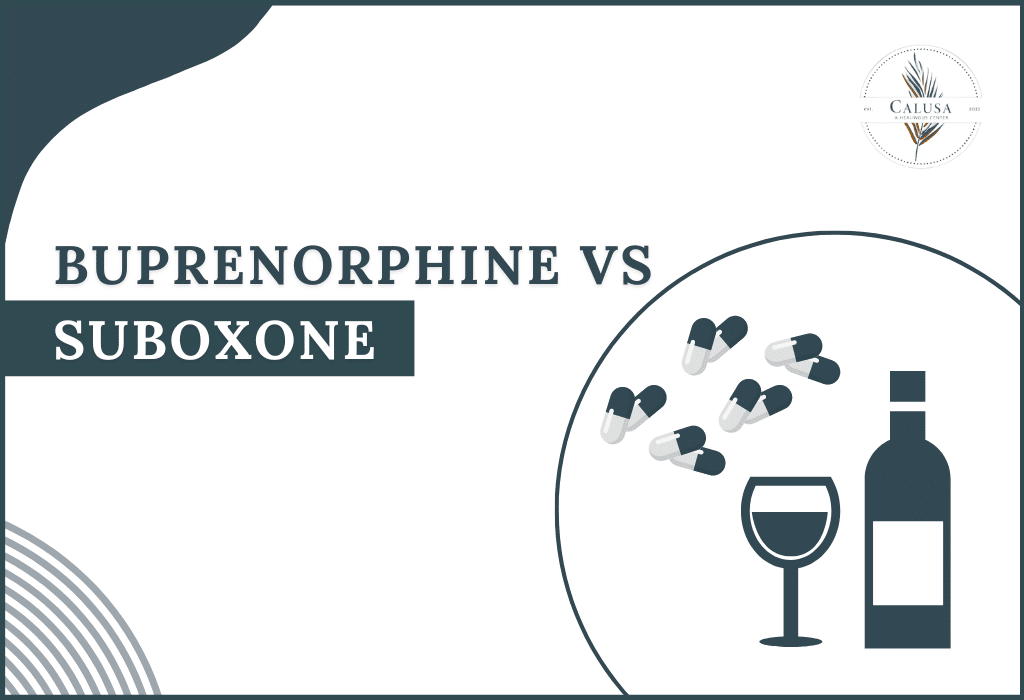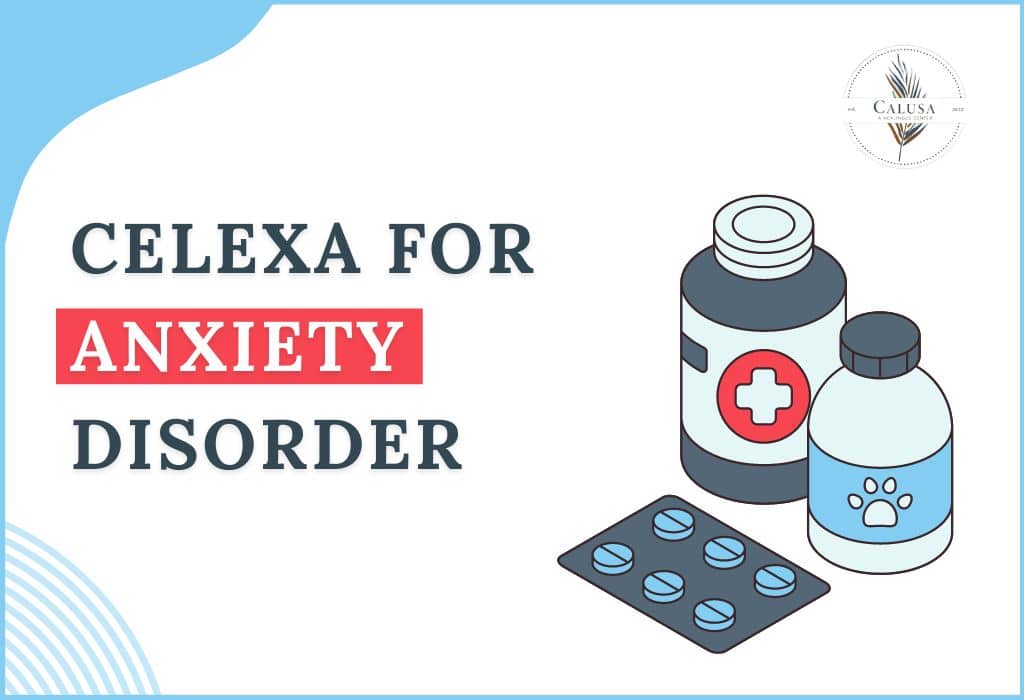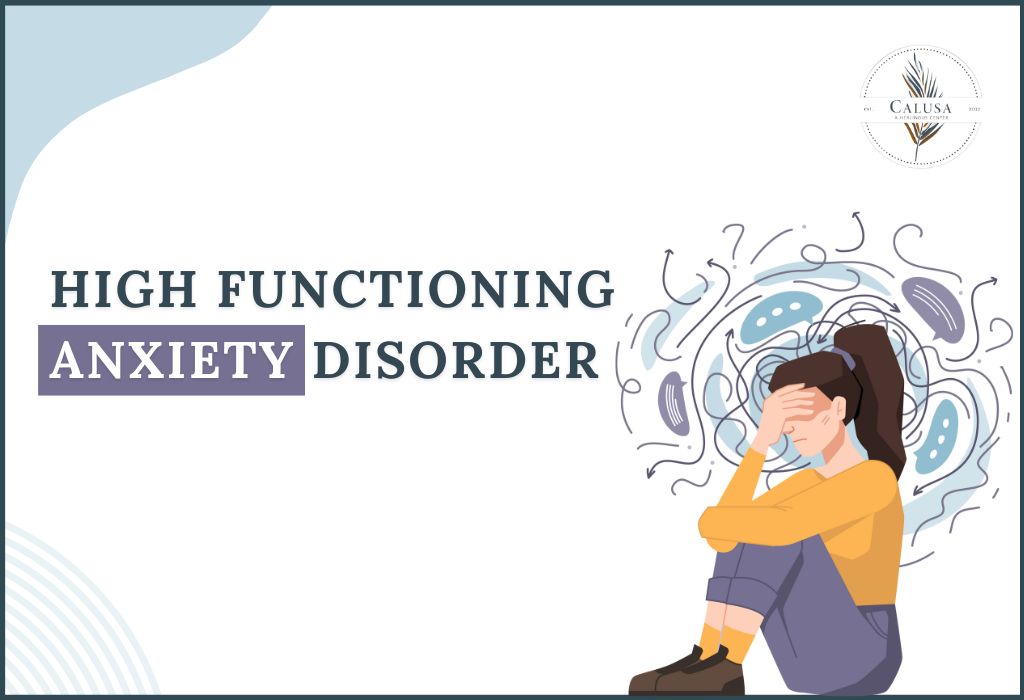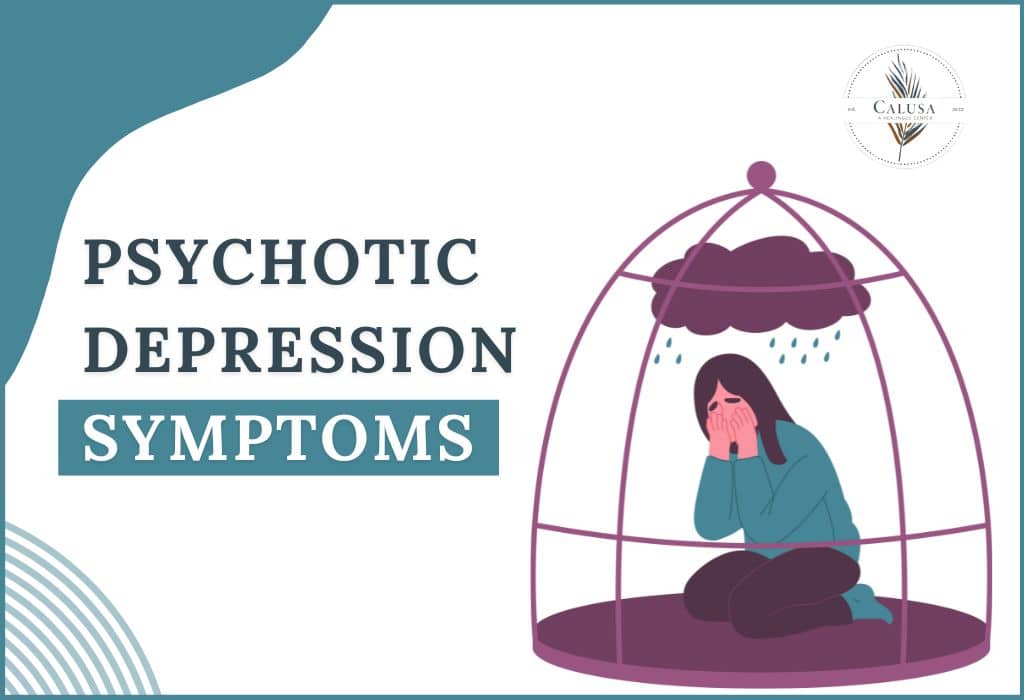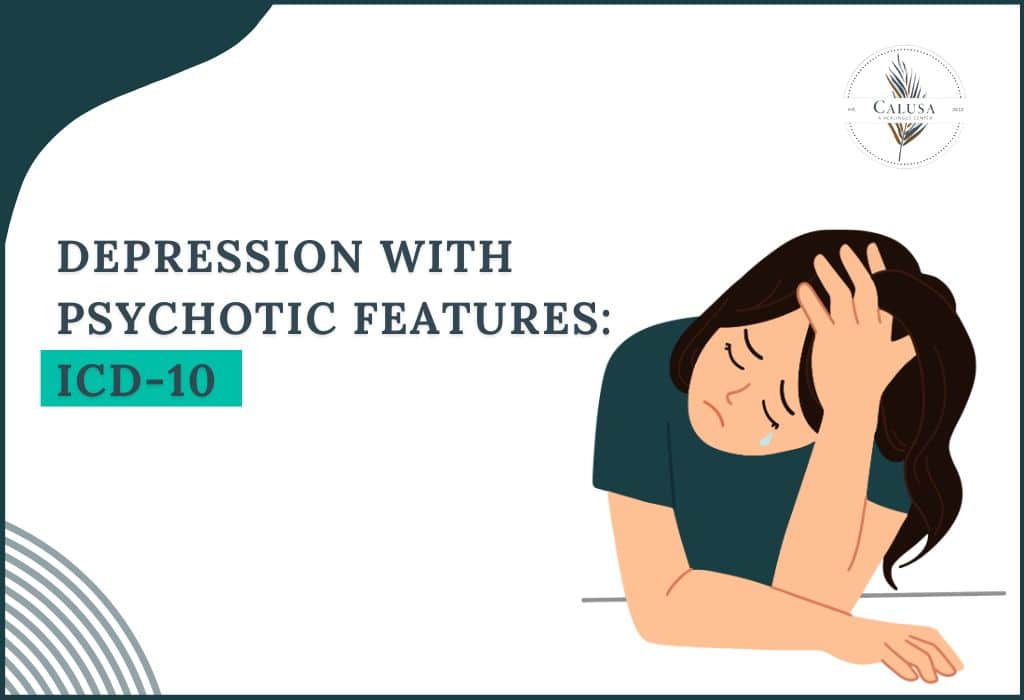John, a vibrant soul with a heart full of dreams and aspirations, was no stranger to the ups and downs of life’s emotional rollercoaster. Like many others, John struggled to navigate the complexities of thoughts and feelings, often feeling overwhelmed and lost in the labyrinth of emotions. Yet, amidst the chaos, a beacon of hope emerged – dialectical thinking. There comes the question –
What does Dialectical Thought involve?
With each step in their dialectical journey, John experienced a profound shift in their emotional landscape. The rollercoaster of emotions, once a source of overwhelm, became a manageable terrain. John learned to balance acceptance and change, embracing the reality of their situation while simultaneously striving for positive transformation.
Let’s delve into what dialectical thought involves and explore the dialectical behavior therapy components.
What does Dialectical Thought involve in Therapy?
Dialectical thought is a pivotal element within Dialectical Behavior Therapy (DBT), a type of Cognitive-Behavioral Therapy that seamlessly blends cognitive-behavioral techniques with insights from various philosophical traditions, including dialectics.
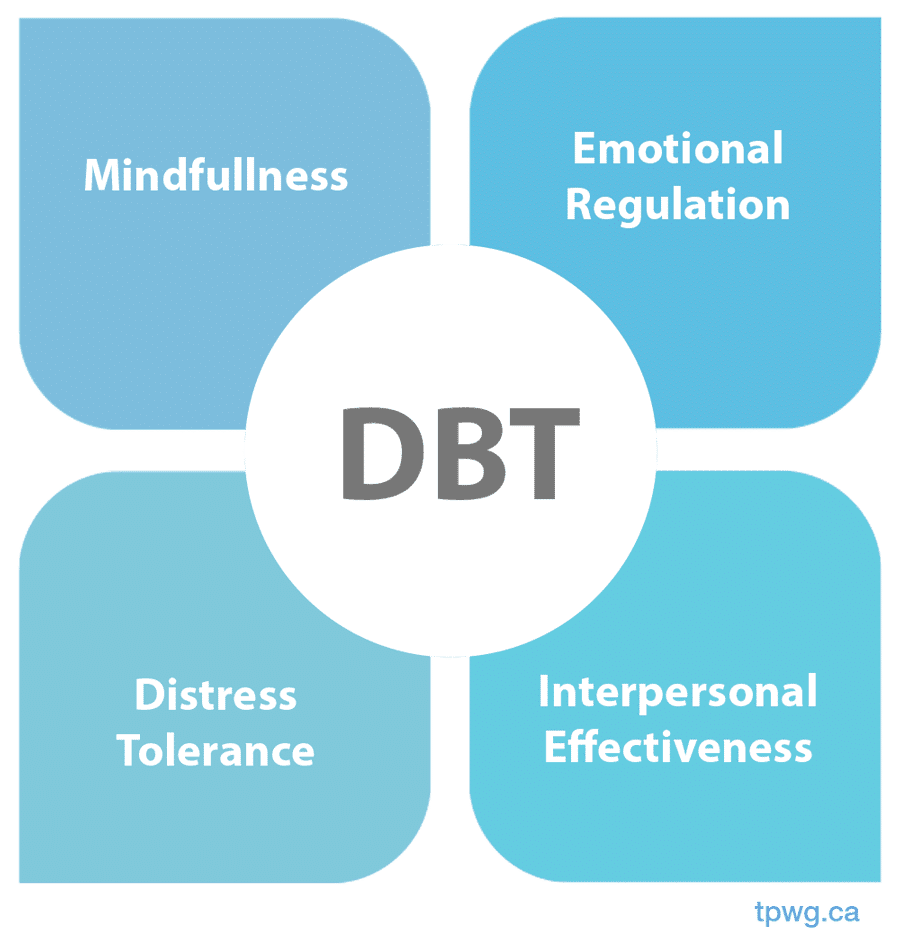
Let’s explore the crucial dialectical behavior therapy components that play a central role in this therapeutic approach:
Balancing Acceptance and Change:
- Dialectical thought encourages individuals to accept themselves and their circumstances without judgment while also recognizing the necessity for personal growth and change.
- This balance is pivotal in fostering a non-judgmental attitude, promoting self-compassion, and motivating individuals to work towards positive transformations.
Synthesizing Opposing Realities:
- Therapy often involves exploring conflicting thoughts, emotions, or desires. Dialectical thinking guides individuals to acknowledge and integrate these opposing elements, facilitating a more nuanced understanding of their experiences.
- By embracing paradoxes and contradictions, clients learn to navigate the complexities of their internal and external worlds.
Validation and Problem-Solving:
- Dialectical thought incorporates a powerful combination of validation and problem-solving. Therapists validate the client’s experiences, acknowledging the legitimacy of their emotions, while simultaneously collaborating on effective strategies for managing challenges.
- This dual approach enhances the therapeutic alliance, instilling a sense of understanding and support.
Mindfulness and Present-Moment Awareness:
- Mindfulness, a cornerstone of DBT, is rooted in dialectical principles. It encourages individuals to observe and describe their thoughts and feelings without attachment or judgment, fostering a more balanced and objective perspective.
- The practice of mindfulness cultivates awareness of the present moment, helping clients break free from rigid thinking patterns associated with past traumas or future anxieties.
Dialectical Dilemmas and Decision-Making:
- Clients often face dilemmas marked by conflicting needs or values. Dialectical thought assists in exploring these dilemmas, guiding individuals to make decisions aligned with their overall well-being.
- The process involves weighing options, considering consequences, and finding a synthesis that respects both short-term and long-term goals.
Avoiding All-or-Nothing Thinking:
- Dialectical thought challenges black-and-white thinking by introducing shades of gray. It encourages clients to recognize that reality is multifaceted and that situations rarely fit into absolute categories.
- This shift in thinking promotes adaptability, resilience, and a more realistic perception of oneself and the world.
Overall, the goal of dialectical thought in therapy is to help individuals move away from rigid, all-or-nothing thinking patterns and develop a more flexible and adaptive way of approaching themselves and their experiences. This can be particularly beneficial for individuals with emotional dysregulation, impulsive behavior, and difficulties in relationships.
What is Dialectical Behavior Therapy (DBT) used for?
The therapeutic approach known as Dialectical Behavior Therapy (DBT), originally developed by psychologist Marsha M. Linehan, serves as a comprehensive and adaptable intervention for various mental health conditions and emotional dysregulation. Initially designed for individuals with Borderline Personality Disorder (BPD), DBT has proven effective in addressing a spectrum of challenges. Here are the key applications of DBT:
Borderline Personality Disorder (BPD):
Developed as a specialized treatment for BPD, DBT addresses core features such as emotional instability, intense mood swings, fear of abandonment, and impulsivity.
Emotion Dysregulation:
Effective in treating individuals with intense and difficult-to-manage emotions, extending beyond BPD to include mood disorders, anxiety disorders, and post-traumatic stress disorder (PTSD).
Self-Harm and Suicidal Behaviors:
DBT incorporates strategies for managing self-harming behaviors and suicidal thoughts, fostering healthier coping mechanisms and promoting a life worth living.
Substance Use Disorders:
DBT has been adapted for use in treating substance use disorders, addressing the complex interplay between emotional dysregulation and addictive behaviors. It is often incorporated into comprehensive treatment programs for addiction.
Eating Disorders:
DBT has been applied to the treatment of eating disorders, particularly when there is a co-occurring emotional dysregulation. It can help individuals address underlying emotional issues related to their relationship with food and body image.
Post-Traumatic Stress Disorder (PTSD):
DBT has shown promise in the treatment of PTSD. Especially for individuals who have experienced trauma and struggle with emotional regulation. It can be used as part of a comprehensive approach to trauma-focused therapy.
Chronic Suicidal Ideation:
For individuals with persistent thoughts of suicide, DBT provides tools and coping strategies to manage and reduce suicidal ideation. It emphasizes building a life that is fulfilling and meaningful.
Interpersonal Effectiveness:
DBT includes skills training in interpersonal effectiveness, helping individuals improve their communication, navigate relationships, and build a support network.
General Mental Health and Well-Being:
Beyond specific diagnoses, DBT is increasingly used to enhance overall mental health and well-being. It equips individuals with practical skills to cope with stress, regulate emotions, and make positive life choices.
DBT is a comprehensive and structured therapy. It combines individual therapy sessions, group skills training, phone coaching, and therapist consultation teams. Its multifaceted approach makes it adaptable to a variety of mental health challenges. Therefore, making it a valuable resource in the field of psychotherapy.
Dialectical Behavior Therapy Components:
DBT is a comprehensive and structured therapeutic model that combines individual therapy sessions, group skills training, phone coaching, and therapist consultation teams. The multifaceted approach of DBT, comprising various dialectical behavior therapy components, renders it adaptable to a diverse array of mental health challenges, solidifying its standing as a valuable resource in the field of psychotherapy.
If you’re curious to delve deeper into the specifics of these components, explore the ins and outs of dialectical behavior therapy components, here.
Below are instances illustrating how dialectical thinking can be applied in therapy:
- A therapist can assist a client in recognizing that their self-harming tendencies serve as a means of managing intense emotional distress. Concurrently, the therapist can guide the client in cultivating healthier coping mechanisms, acknowledging the possibility that occasional instances of self-harm may persist.
- In addressing an eating disorder, a therapist may help a client understand that it functions as a method of regulating emotions and body image. The therapist can then support the client in fostering a more positive relationship with food and their body, recognizing that periodic struggles with the eating disorder may persist.
- When tackling substance abuse, a therapist might work with a client to comprehend. It then serves as a mechanism for avoiding life challenges. Subsequently, the therapist can aid the client in developing constructive strategies. These help manage stress and challenging emotions, all while acknowledging the potential for periodic struggles with substance abuse.
Utilizing dialectical thinking proves advantageous for both therapists and clients, fostering enhanced communication, comprehension, and acceptance. This approach holds the potential to instigate positive transformations in the lives of clients.
The Bottom Line
In conclusion, the exploration of “what dialectical thought involves” unveils a transformative force within therapy, especially in the realm of Dialectical Behavior Therapy (DBT). This therapeutic philosophy seamlessly integrates acceptance and change, encouraging individuals to embrace the paradoxes inherent in their experiences. The dynamic components of dialectical thought, in synergy with the comprehensive framework of dialectical behavior therapy components, create a nuanced and adaptive approach for navigating the complexities of the therapeutic journey.
As individuals grapple with the balance between acceptance and change, navigate the synthesis of opposing realities, engage in validation and problem-solving, practice mindfulness, confront dialectical dilemmas, and steer clear of all-or-nothing thinking, they embark on a journey of self-discovery and personal growth. This evolution in thinking becomes a powerful catalyst for those facing challenges such as emotional dysregulation, impulsive behavior, and interpersonal difficulties.
In essence, dialectical thought becomes the guiding force that propels therapy beyond mere problem-solving, transforming it into a dynamic exploration of self-acceptance and positive transformation. This approach, intricately woven with dialectical behavior therapy components, shapes a more resilient and flexible mindset. As therapy becomes a transformative journey, dialectical thought paves the way for individuals to embrace a more balanced and fulfilling life. Get to know more about it here.




